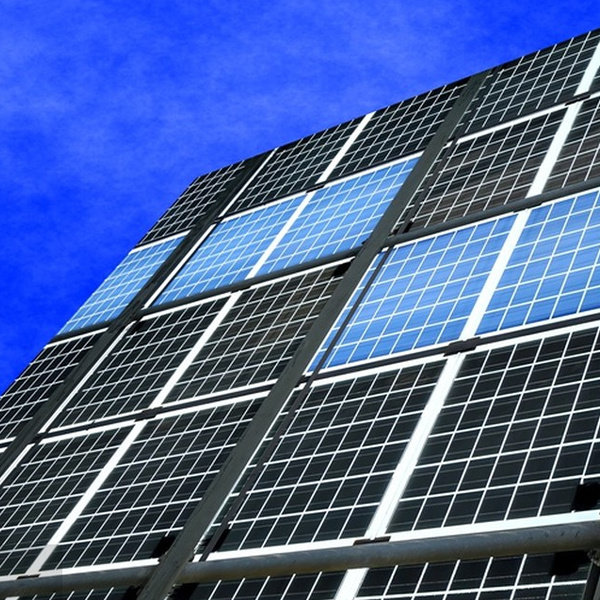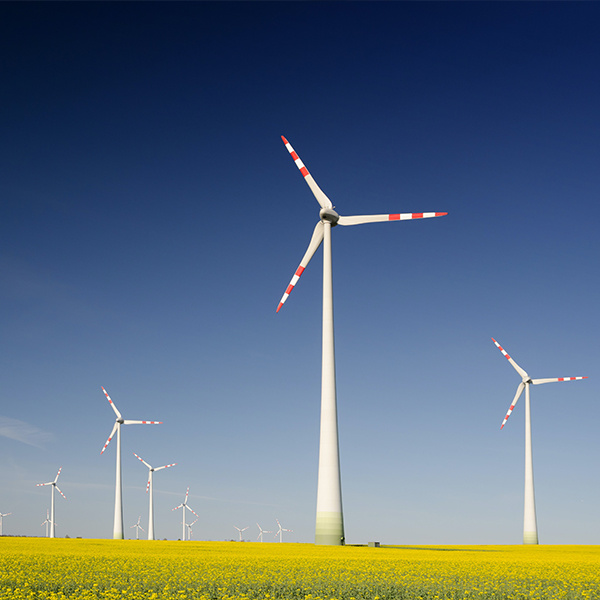Smart Energy Management System
Smart energy management system is a system based on advanced technology and data analysis, aimed at monitoring, optimizing, and managing the energy use of enterprises or organizations. The system integrates and analyzes various energy data to provide detailed energy consumption, operational status, and energy-saving suggestions, helping users achieve maximum energy efficiency and cost minimization.
Classification:
Product Center
Key words:
Longlai Investment New Energy Technology
Product Description
Smart energy management system is a system based on advanced technology and data analysis, aimed at monitoring, optimizing, and managing the energy use of enterprises or organizations. The system integrates and analyzes various energy data to provide detailed energy consumption, operational status, and energy-saving suggestions, helping users achieve maximum energy efficiency and cost minimization.
Smart energy management systems typically include the following main functions and features:
1. Real time monitoring: The system monitors the usage and performance parameters of energy in real time through devices such as sensors and smart meters, including electricity, voltage, power factor, and other energy forms such as water and gas flow and temperature data.
2. Data analysis and reporting: The system can analyze various energy data collected and generate detailed reports and statistical data. These reports can provide key energy consumption indicators, such as the energy consumption ratio of each equipment or region, peak and valley electricity consumption, etc., to help users understand energy usage status and make optimization decisions.
3. Energy prediction and optimization: The system can predict future energy demand and peak load based on historical data and prediction models, and provide corresponding optimization suggestions for different application scenarios to achieve the goal of energy conservation and emission reduction. At the same time, the system can also automatically control the operating status of the equipment, and achieve optimal energy utilization by adjusting strategies such as equipment load and start stop time.
4. Abnormal monitoring and alarm: The system can monitor abnormal situations in energy use and generate alarm information in a timely manner. For example, in case of equipment failure, abnormal energy consumption, etc., the system can notify relevant personnel through SMS, email, etc. for handling, in order to reduce potential losses and risks.
5. Visualization interface and remote control: Smart energy management systems typically provide a user-friendly visualization interface that visually displays energy data and analysis results in the form of charts, tables, etc., making it easy for users to view and monitor in real-time. At the same time, users can also adjust and operate the device through remote control function, achieving remote management and control.
The application range of smart energy management systems is wide, including industries, commercial buildings, property management, urban energy, and other fields. By using this system, enterprises or organizations can reduce energy consumption, improve energy utilization efficiency, reduce energy costs, and achieve sustainable development goals.
Previous Page







